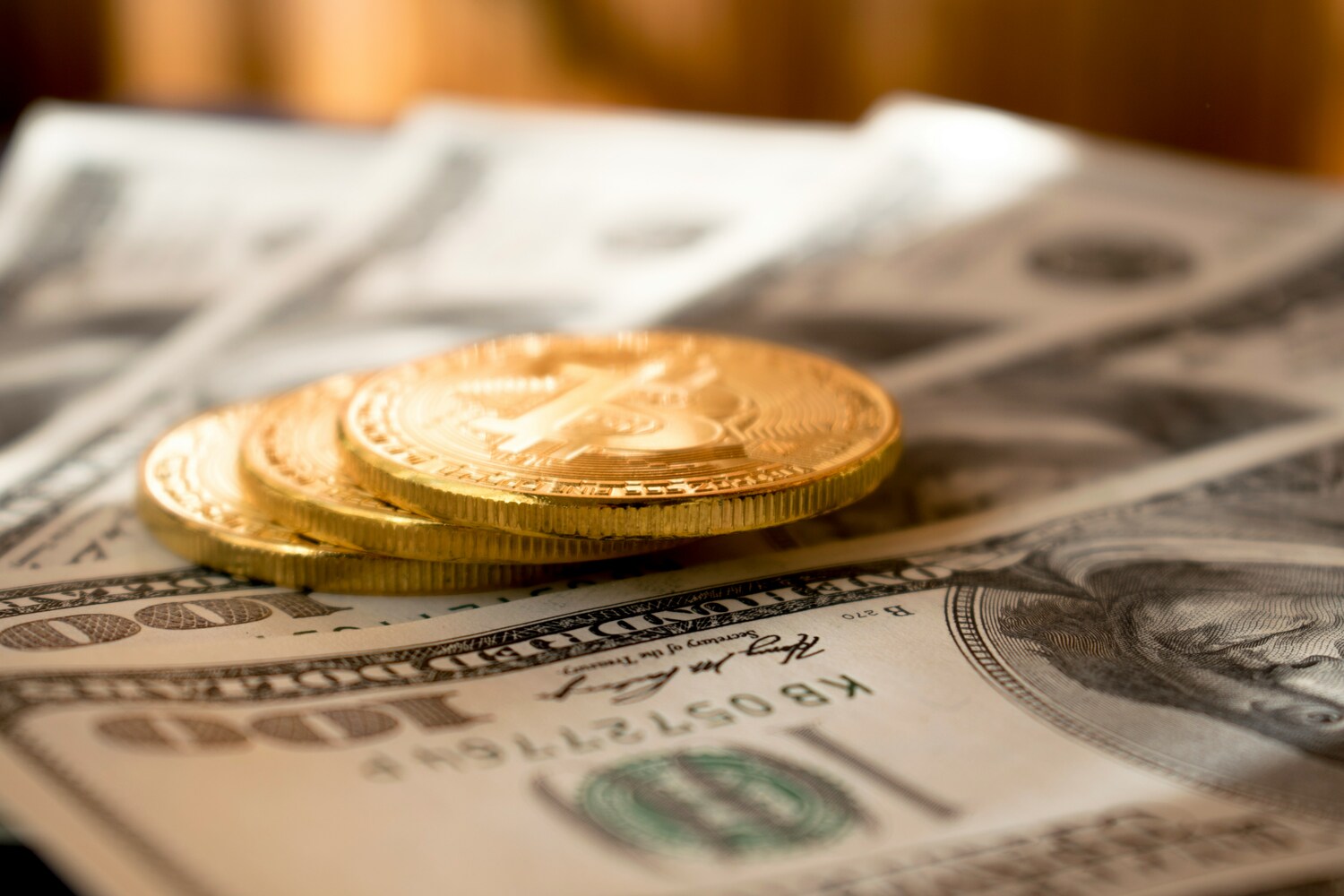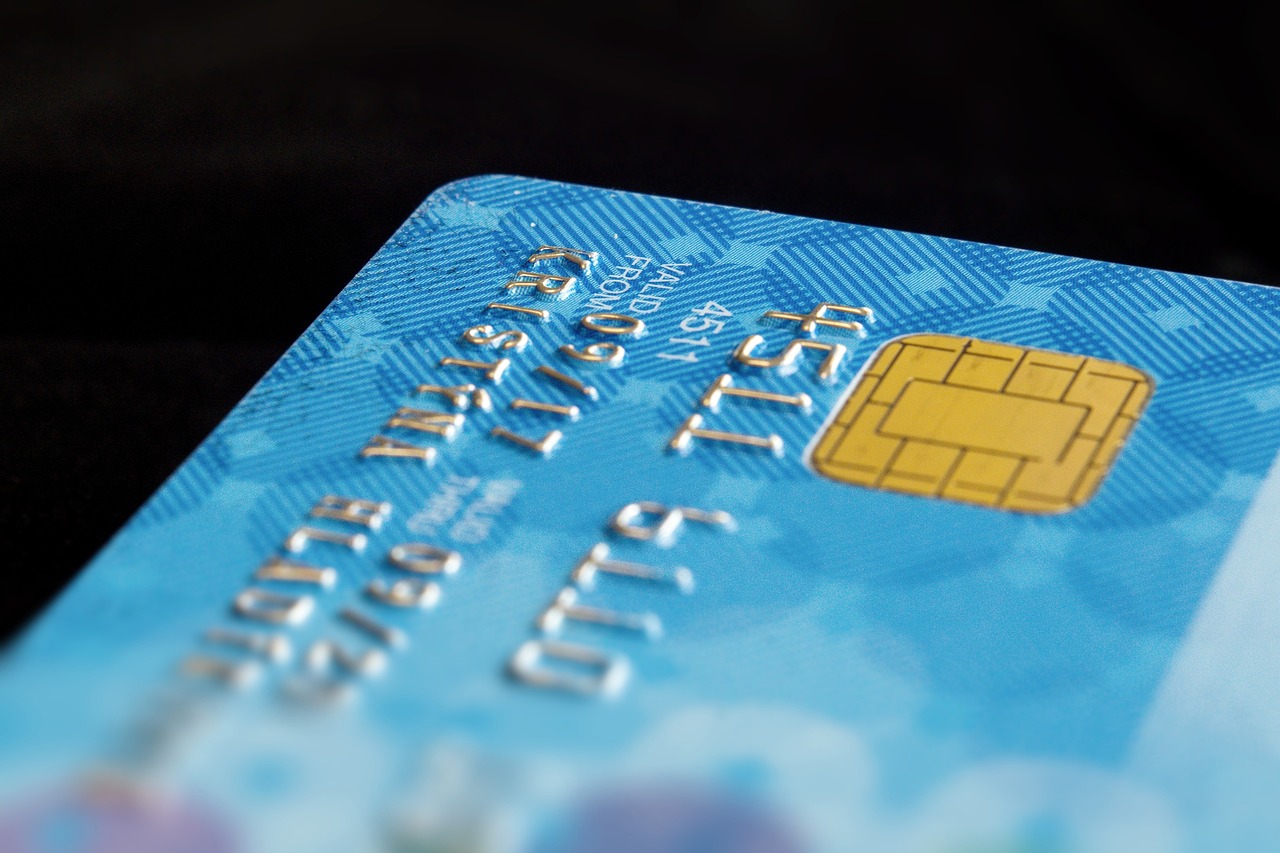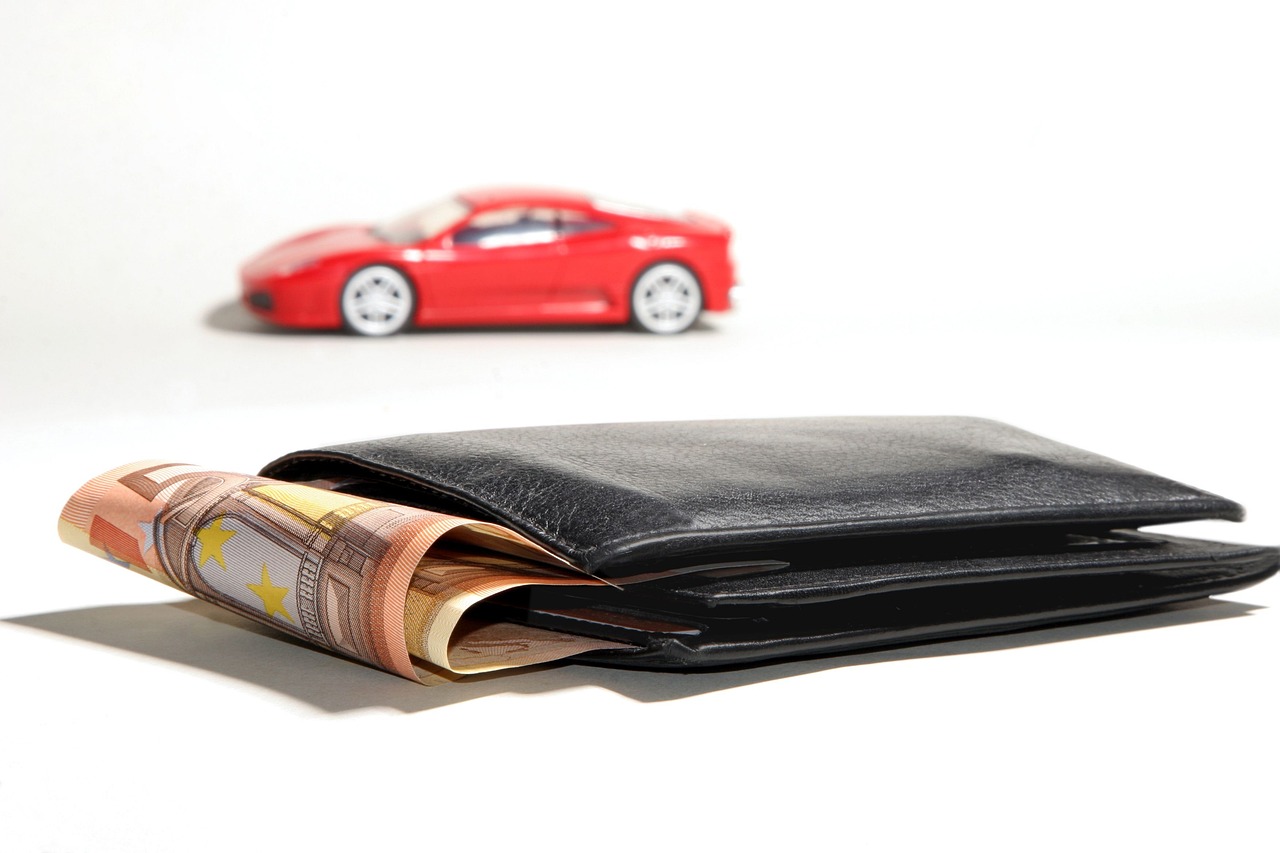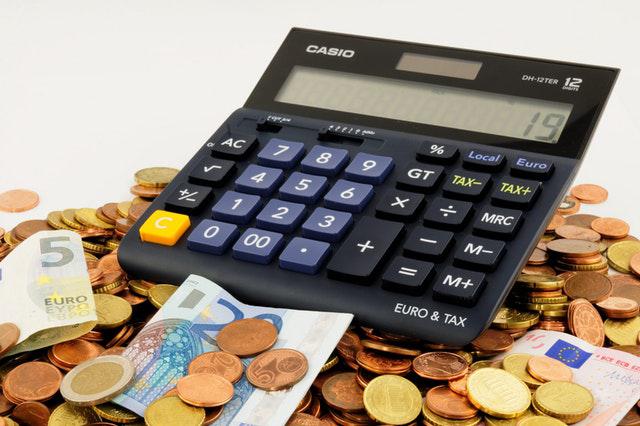Tips to Pay Off Debt: Your Roadmap to Zero Balances

Debt can be crippling, to the point that living day to day becomes taxing. You don’t know how you’re going to pay for your groceries or gas and it can be extremely frustrating. Or, financially you’re doing just fine, but you can’t see the light at the end of your debt-free tunnel. As far as you’re concerned, you’re going to be paying off that debt until the end of eternity.
Sure, we’ve all heard personal finance advice promising that if you just give up your daily on-the-go cup of coffee, you’ll be well on your way to financial freedom. You can finally start the business of your dreams, pay off that loan and credit card debt, and build savings at exorbitant levels. It’s a nice dream but, truthfully, giving up that latte each day isn’t by itself going to guarantee that debt-free life you so desperately crave. Sure, it’ll give you a little extra cash, but that alone isn’t going to bring all your financial dreams to fruition.
But, there are some ways to tackle your piling debt, and hang on to your caffeine habit while you do it. Here are some simple ways to hit the nail on the head with your budget and finally start seeing a brighter, debt-free future.
Figure Out What You Owe
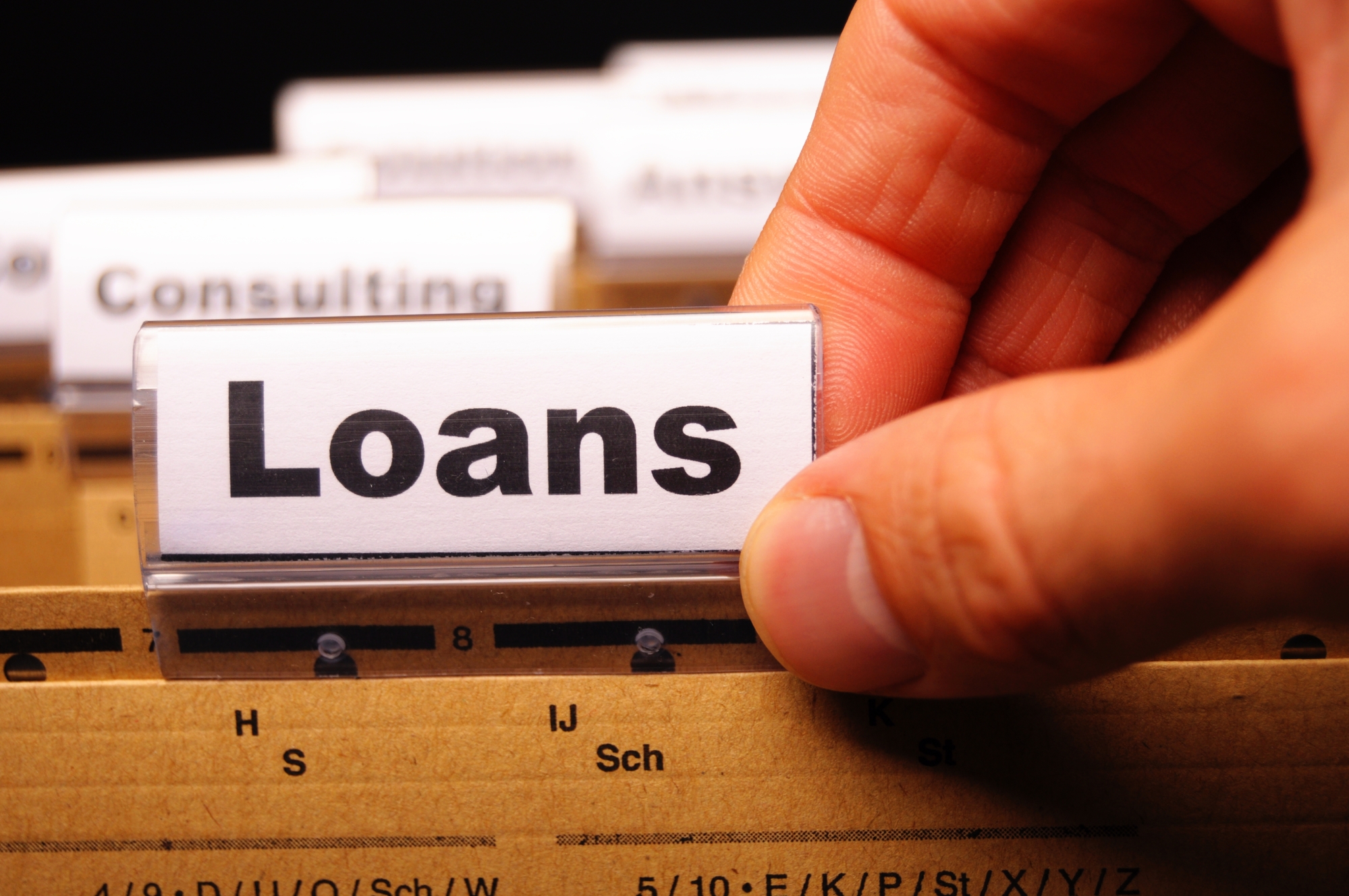
Before you do anything else, you need to take a nice long look at what exactly it is you need to pay off. You can’t very well focus on eliminating debt if you’re standing there with your hands in the air, not exactly sure what you owe and to whom you owe it. So pull out your calculator, a spreadsheet, and get to calculating to find out where you need to start.
If you’re still a little foggy after writing everything down and want to have your debt mapped out for you, check out Credit Sesame for extra help. Free of charge, Credit Sesame takes all of your information, examines it, and lets you see exactly what you owe and to whom you owe it, supplying you with your very own debt “report card,” if you will. Plus, you can also check out your credit score for free, review your credit history, and it’ll lie out monthly payments, interest rates for each loan or credit card, and gives you the heads up if anything has been sent to collections. There’s even an app for the site, so you can keep track of your credit and debt on the go.
Once you’ve figured out what your debt is, then you’ll be well on your way to establishing a plan of attack to get that debt minimized and eventually gone, it’ll just take a little bit of leg work to get you started.
Consolidate All Of Your Debt
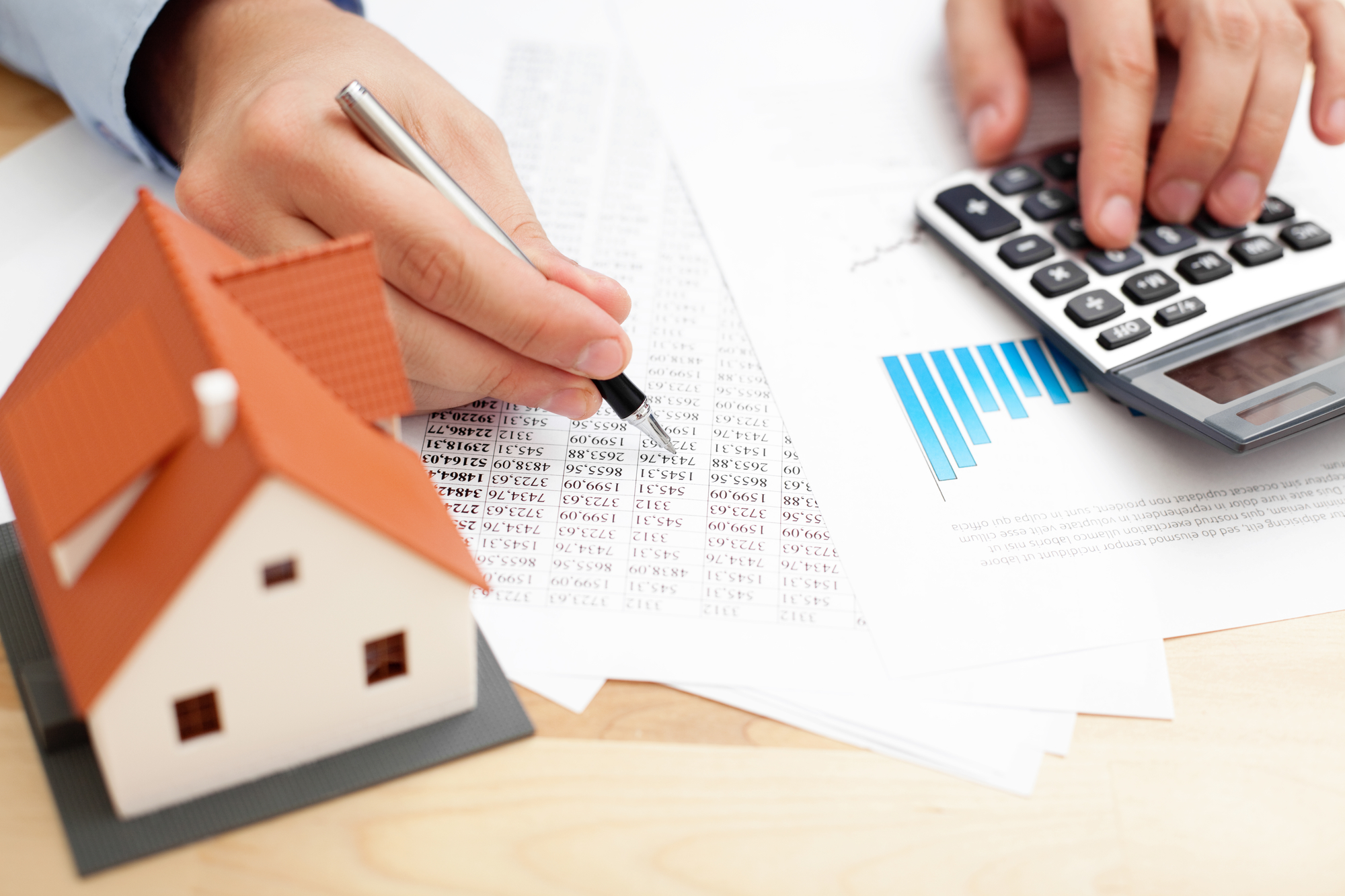
You’ve established what your debt scenario looks like, who is going to get all of the money you owe, and even possibly what that looks like in comparison to your monthly budget. Each bill has its own payment, it’s own interest rate, and it’s not uncommon for payments for all of these things to fall at the same time, and rarely is it in line with when you can actually afford to pay it. Or the payments could be scattered throughout the month to allow for some room to breathe, but the interest rates are so outrageous that you’re barely scraping the surface of your principal loan. In either case, if this is you, then loan consolidation is going to be your best bet.
If you don’t know where to start with loan consolidation, a good place to start is to contact your local bank and set up an appointment with a loan specialist to see what your options are, and what interest rates are available. Another helpful source is Even Financial, an online financial platform that can help find the right service to fit your financial and loan needs, from consolidation to loan refinancing, and with some of the best interest rates available online.
After you’ve condensed your loans to one payment, and gotten those interest rates under control, you’ll be well on your way to a debt-free life.
Negotiate Your Bills Down

Haggling and negotiating is a skill that many are versed in when it comes to large financial purchases, such as buying a car or even high-priced items online, but you can do the same thing with your utilities and other monthly bills. Your car insurance is a little higher than you’d like to pay? Do some shopping around and find out what other insurance companies are offering, give that quote to your insurance agent, and soon enough they’ll have you a better quote for your vehicle. Try it out with some of your other utilities as well, such as your Internet bill. That extra money that you’re saving can be put back into paying off some of your accumulated debt, and definitely won’t hurt your wallet either.
If the thought of having to go back and forth with various companies is a little too much for you to handle but you still want all the benefits of negotiating, there are plenty of online resources that can help you. The best one, Trim, works through your bills for you, is completely free, and you rarely have to lift a finger as the online bot saves you money. You sign up through your email or Facebook, plug in all of your financial information, and it’ll do the work for you. And, on top of all that, it can cancel subscription services that you’ve forgotten about and help you keep track of your account balance.
While this isn’t a direct endeavor to tackle on paying off debts, the money you’ll save from lowering your monthly bills can be used toward lowering the debts you owe in the long run.
Take A Look At Your Savings
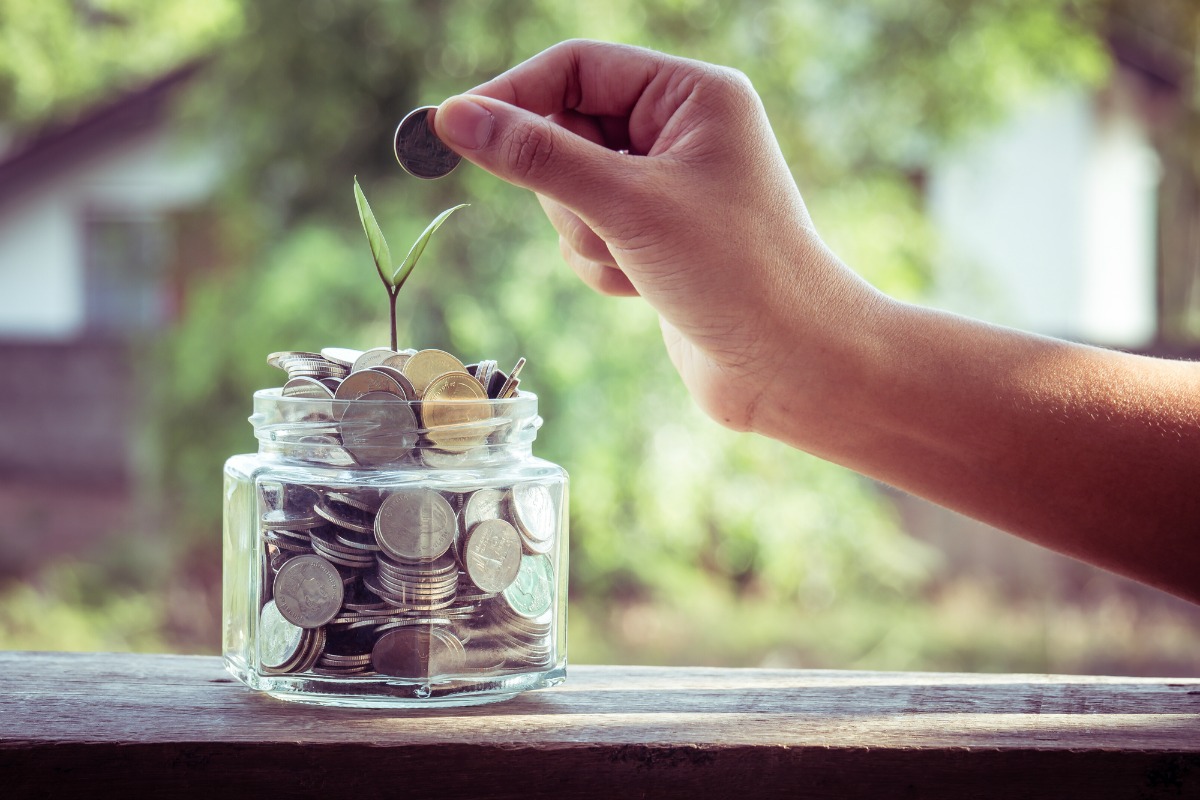
Savings aren’t just there for a rainy day or when the alternator on your vehicle finally kicks it. Building an emergency savings fund can help out with everyday emergencies as well, including that pesky pile of debt you’ve been trudging along with for quite some time. If you already have a savings stash put back, think about investing some of the cash into making a payment on the principal of your loans or credit card debt. It’ll put that money to some good use, and free up a little extra cash down the road once you’ve establish a debt-free life. Just remember to specify that you want that money to be for the principal only, or you’ll continue to pay on the interest of the loan or credit card long before you touch paying back the money that you actually owe.
If you’re not someone who has a savings fund maybe it’s time to start looking into establishing some. Now, we’re not saying you have to put back half or a even a third of your paycheck each pay period but, depending on your budget, a steady $5, $10, or even $20 from every check adds up fast. And for those who don’t trust that they’ll actually take the money and place it into a savings account and safe place, there are plenty of apps and online sites that can automate your savings for you without you ever having to click a button. One of the best apps for building savings is Stash. For an initial cost of a $5 investment, and $1 per month thereafter, it keeps track of your savings and investments for you, so you won’t even have to think about it.
Even after you build up your savings, and paid off that debt, you can continue to stock up that extra cash and save it up for a rainy day.
Sell Unneeded Stuff

This is another indirect way of cleaning up your financial debt, and cleaning up your house while you’re at it. If you want to get some headway on your debts, but you also want to get rid of all that junk in the back of your closet that’s been piling up for years, selling some of your unwanted stuff is the route to take. Start going through your clothes, electronics, old Christmas gifts that you’ve never used, and sell them online. You’ll be surprised just how much money you’ll be able to make off your unwanted items.
There are tons of places to sell new and used items online, with the obvious EBay, Craigslist, and Facebook as viable options. However, there are a few other sites out of there that offer similar cash influx, but are for specific items. For example, if you’re a book nerd but have some titles that you just aren’t that into anymore check out Bookscouter. On Bookscouter, you can buy and sell used books and textbooks. There’s even an app for the site, so you can keep track of your inventory throughout the day.
Whatever it is that you’ve collected too much of over the years, now is the time to finally let it go and put that money to some good, debt-ridding use, and get a head start on spring-cleaning while you’re at it.
Double Your Payments
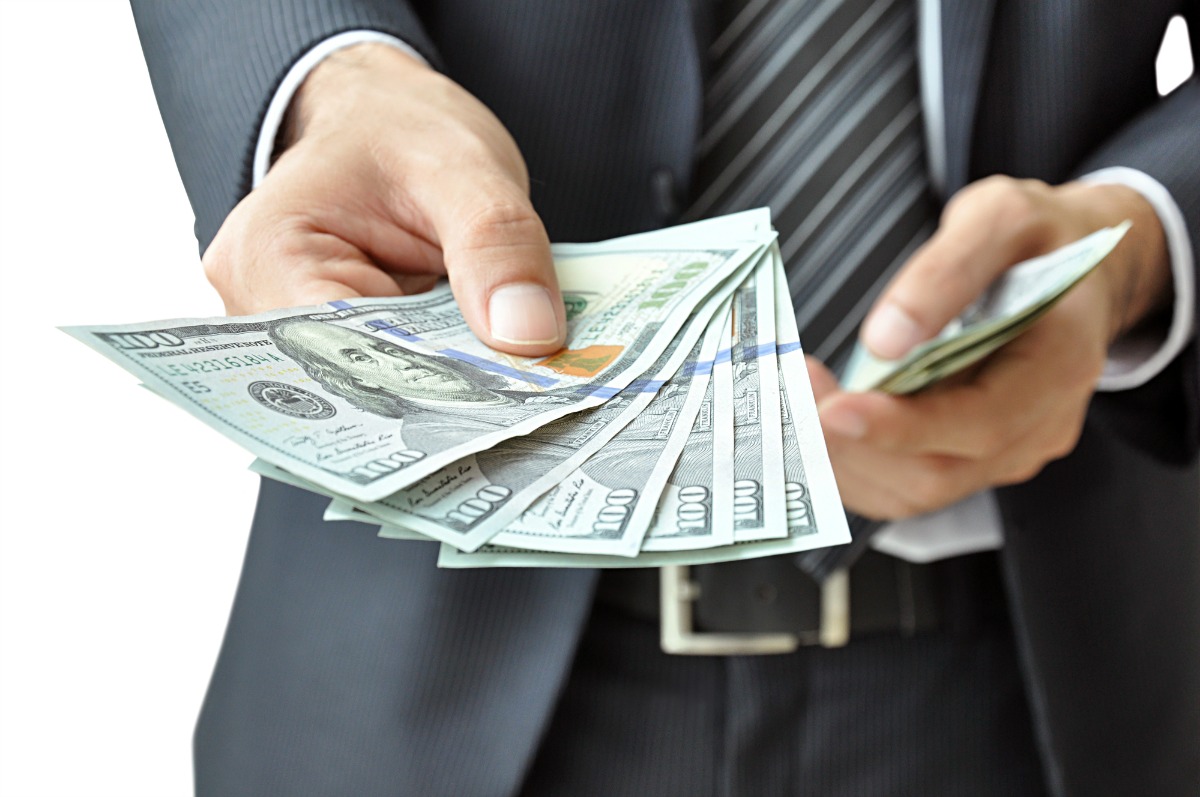
This may seem like a no-brainer, or even an impossible feat, but doubling up on payments or making several payments throughout a pay period can loosen up the grip that debt has on you. When it comes to loans and credit cards, many people get caught up in the never-ending cycle of debt for years because they’re only making minimum payments and, oftentimes, are only ever paying down on the interest of the debt. By doing this, you’re increasing the longevity of the debt, and the frustration that comes along with it.
While it would be ideal to make two full payments per month, one as a regular payment and the other as a payment on the principal, it isn’t always ideal. But there are other ways to pay more on your debt throughout the month that can get you just one step closer to having all that financial burden paid off. First, up how much you’re pay per month, even if it’s just by $5. That small amount can add up fast. Then, if it’s within your means, start paying a little extra here and there. Again, this can be $5 or $10 even. The amount doesn’t matter, as long as you’re continuing to pay.
Debt is a tricky part of life, and nearly everyone has or is currently suffering to its grips. But, with a little determination and hard work, the debt-free end is in sight, you just have to keep paying, keep working, and keep taking those extra steps to final payoff.


